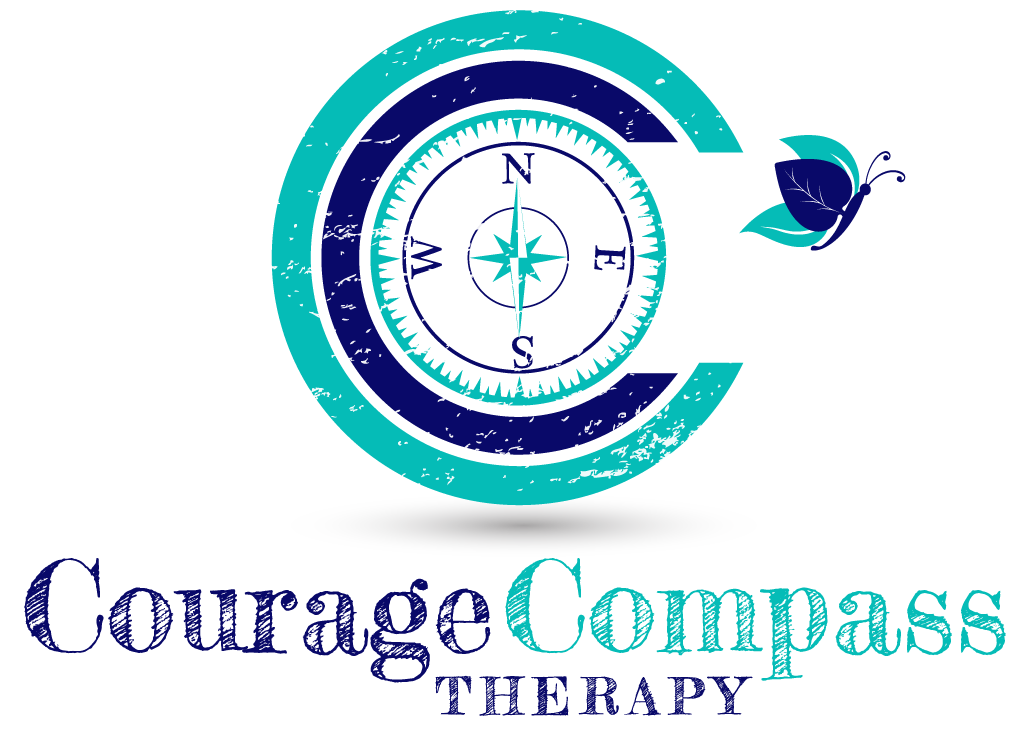I work with and talk to so many people who experience anxiety. They say things like:
“I’m anxious.”
“I feel anxious,”
“I’m nervous.'‘
“I’m worried.”
The logical follow up question from any person would be “Why? What made you anxious?” Despite this being the most obvious response, it is the LEAST helpful one.
Hear me out. Let’s follow the conversation through:
Person A: I’m so anxious right now."
Person B: Oh no, why? What made you anxious?
A: I don’t know, I just am.
B: Right, but why? What just happened to make you feel that way?
A: I don’t know. Nothing.
B: Continues to probe with 14 different versions of the same question to keep getting the “I don’t know.”
Person A doesn’t feel supported, Person B feels frustrated that they could not be helpful and puzzled as to why the answer to a seemingly innocuous question is so hard.
Photo credit: Rodnae Productions/Pexels
Here’s why: Anxiety is an outcome of myriad triggers, internal and external. If anxiety is a product of a prior trauma, triggers are often implicit. This means they happen outside of conscious awareness. The way the light is shining through the window, the sound of the water running, fast movement in peripheral vision— these types of sensory cues are often fragmented in our bodies and easily triggered when something external lines up. It happens so fast that our conscious mind has no idea, we just experience the result of that trigger, which is anxiety, nervousness, etc.
People also experience social anxiety. Social anxiety can be a feature of ADHD, depression, or the autism spectrum. While it’s not rational, this can make people feel like they will be rejected by everyone at the function, no one will like them, everyone is staring at them, judging them, etc. Again, not rational. But all of these worries feel true and real.
The last and least likely scenario is that the anxiety is situational. People are smart. If there is a simple explanation of an anxiety trigger- like a loud annoying emergency test on the radio, the person will turn it off. We are wired to avoid pain. If there is a solution to resolve the anxiety trigger, it is likely that people will find it, and may not ever talk about feeling anxious in the first place.
Ok, so what is one to do? What is one to say? Doesn’t it seem rude not to ask why someone is feeling the way they are? On the surface, sure, I guess. But in practice, most people want to be seen and heard, not offered solutions.
Instead:
Be curious about the experience of anxiety, not the cause. This could sound like, “oh, I see. What is going on for you? Is your heart racing? Are you feeling scared? I know when I get anxious, I get really hot. Is that happening for you?” “Hmm, does this happen a lot, or is this a new experience?” You are getting to talk about the experience, versus the cause of it. Naming the feelings and talking about the sensations helps reduce the power the anxiety has.
Offer a range of choices “Ok, what would be the most helpful- do you want a hug, would you like me to just stand here with you and keep you company, do you want to vent, or would a distraction be helpful?
Distractions:
Movement: A walk, dance, go find a drink of water. Movement can help ease anxiety, as it often makes people freeze in the place where they are.
Talk about the last show you binge-watched, the last great meal you had, etc.
Play an easy game like the alphabet game— pick a category (fruits and vegetables), then take turns naming fruits and vegetables while going through the alphabet. Person A- apples; Person B- blueberries, Person A- carrots, and so forth.
Funny memes or tik-toks for easy laughs. Laughter is great medicine.
Orient towards safety and control
Anxiety makes us focus on the future and what’s out of one’s control. Helping Person A focus on what is within their control and tuning into safety in the environment can help calm the underlying threat.
It’s ok for the person with anxiety to not know the cause. It’s ok for you as the support person to not know how to resolve the anxiety or fix the problem for them. The act of attending to the person’s experience will help them feel seen and heard, and that action itself is more likely to be soothing than actively searching for solutions. Ironic that not talking about a solution can be part of a solution…






